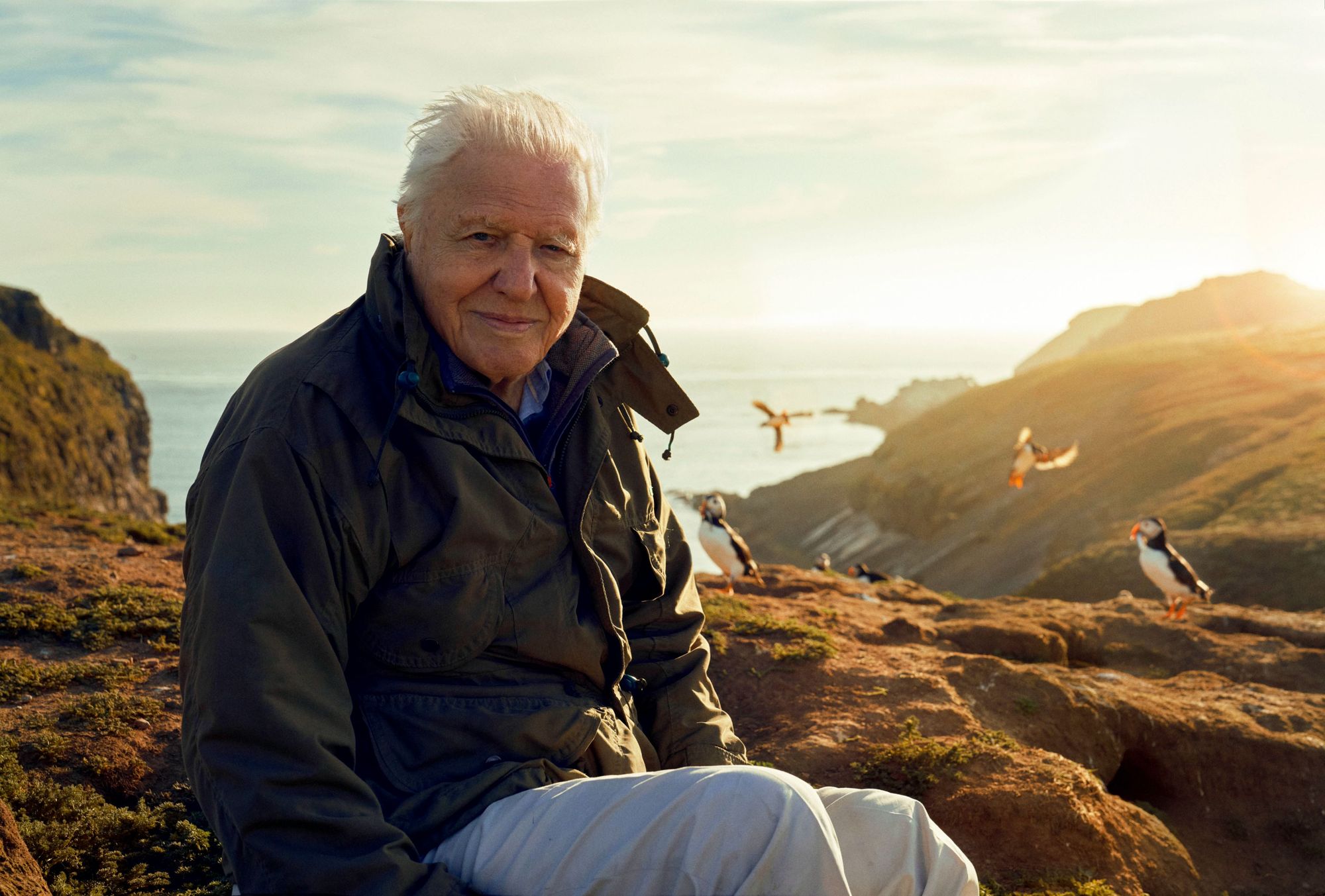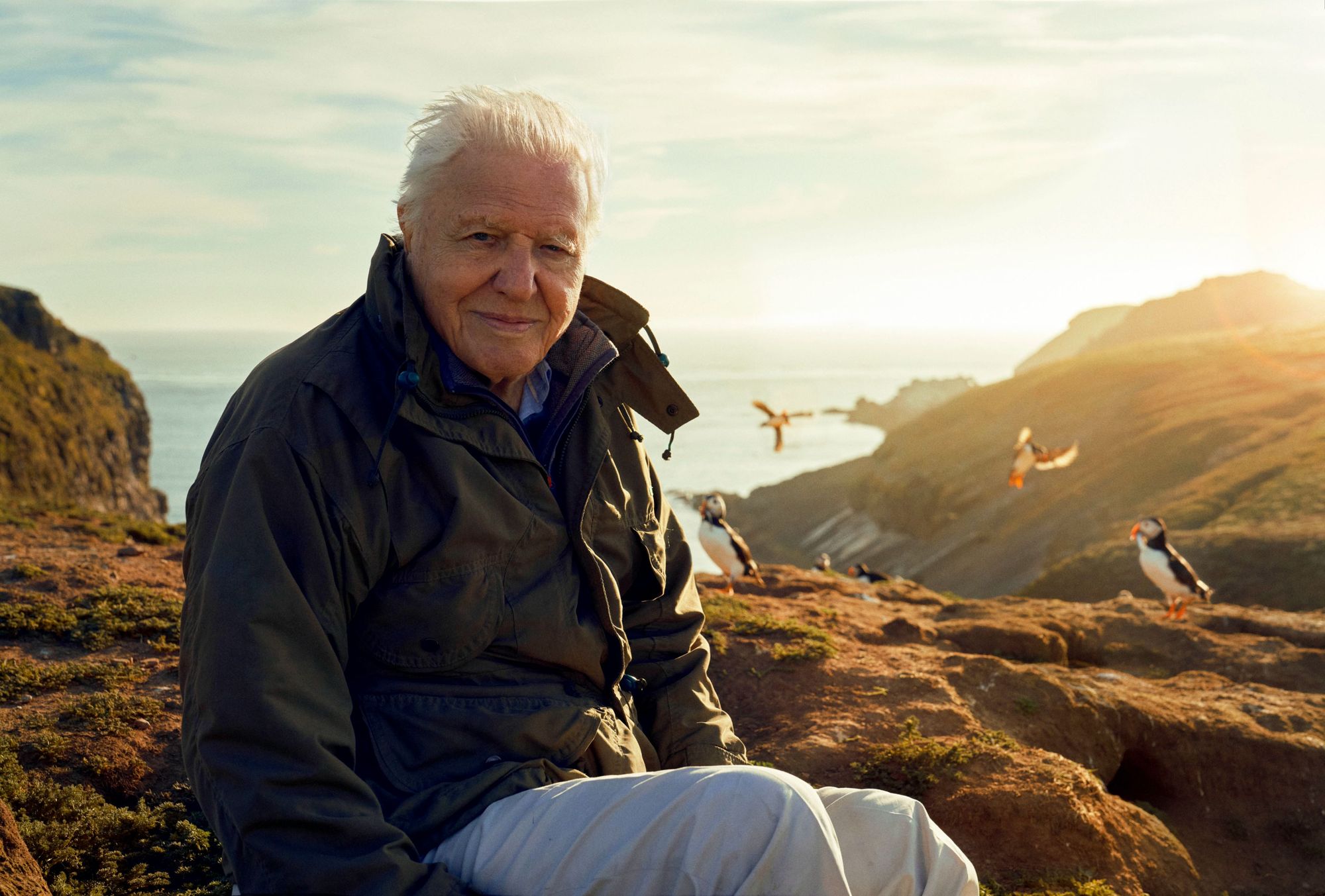
Wild Isles, the new natural history series narrated by Sir David Attenborough, opens with a stunning sequence of an orca whale pod hunting seals in Shetland. What follows is a highlights reel of some of the most spectacular species in Britain and Ireland today, from white-tailed and golden eagles to puffins, badgers, bluebells and ancient oaks. But while the series showcases the global importance and beauty of the wildlife on the British Isles - it also highlights just how nature-depleted our islands really are.
“We wanted to show how extraordinary and important the species and the creatures that we do have left here in Britain and Ireland are,” says Nick Gates, a producer and director on the series.
We have the world’s apex marine predator, the orca, breeding in our water.
“We hold 85% of the world’s chalk streams and more than 90% of the world’s breeding Manx shearwaters. We have the world’s apex marine predator, the orca, breeding in our water. That’s a species that, in other parts of its range, hunts great white sharks. We are important for global wildlife. But also, we needed to emphasise - and we stressed this throughout the series - just how fragile our nature is. We are bottom of the G7 in terms of nature loss, and in the lowest 10% globally.”
A new poll from YouGov, commissioned for the Save Our Wild Isles campaign accompanying the TV show, found that 55% of people in the UK mistakenly believe that the UK is equal to or better than other countries at preserving nature. Just 5% of people believed the UK to be one of the worst in the world at the same.
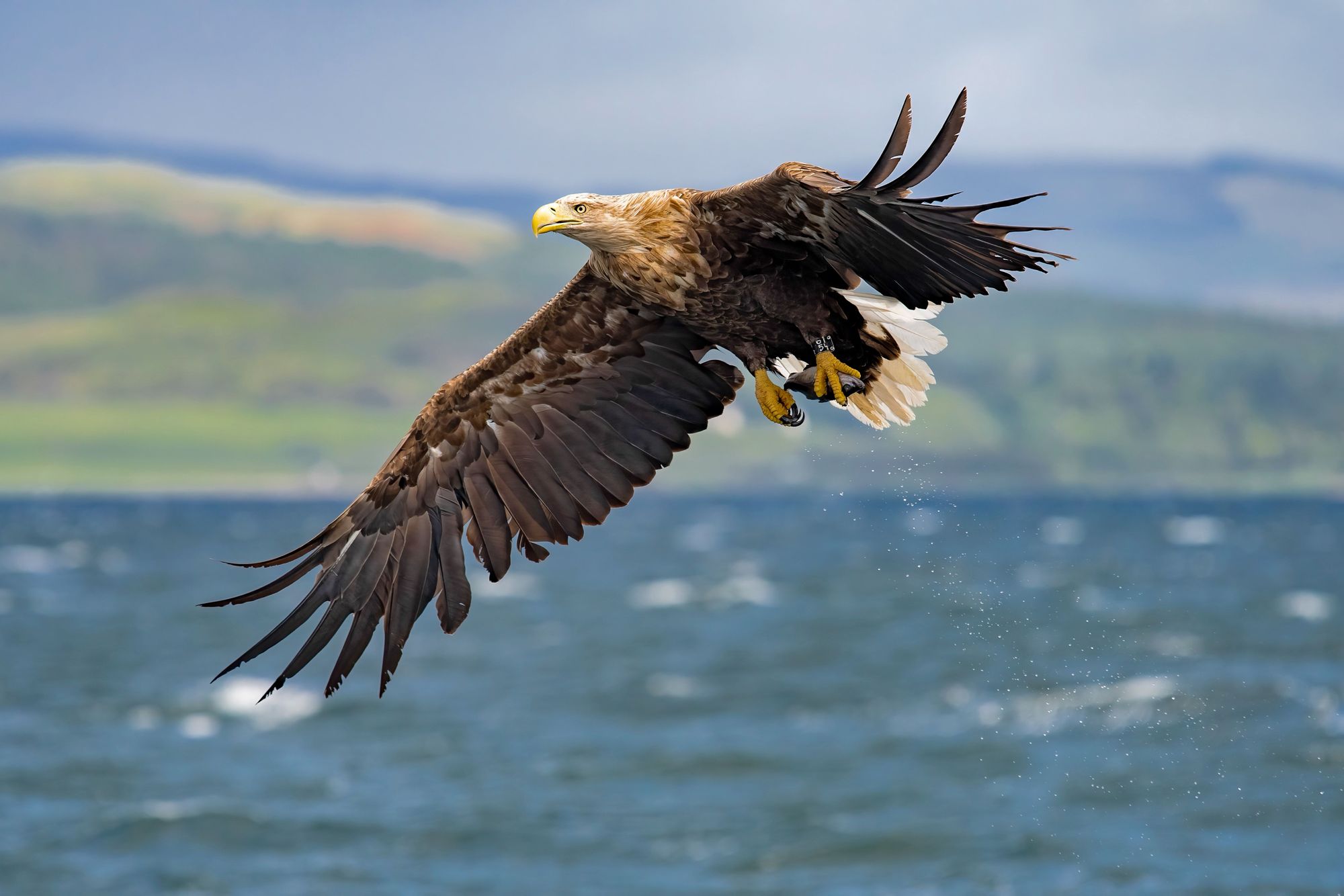
In a statement accompanying the new poll, Tanya Steele, WWF’s CEO, said: “You only see what’s left, you don’t see what’s lost. So we do have this sense of shifting baselines and we imagine all these things that were there 50 years ago are still there. The familiar has become unfamiliar and we’ve forgotten what we’ve lost. Yes, there are success stories, there are things that can be brought back, but we have lost so much and that’s why we’re saying nature is on the brink."
There has been an enormous decline in the number of the birds - with a full 38 million birds having vanished from our skies in the last 50 years.
In 2021, the Natural History Museum’s Biodiversity Intactness Index found the UK had only 53% of its biodiversity remaining. The global average for that figure is 75% - making the UK one of the least biodiverse countries in the entire world.
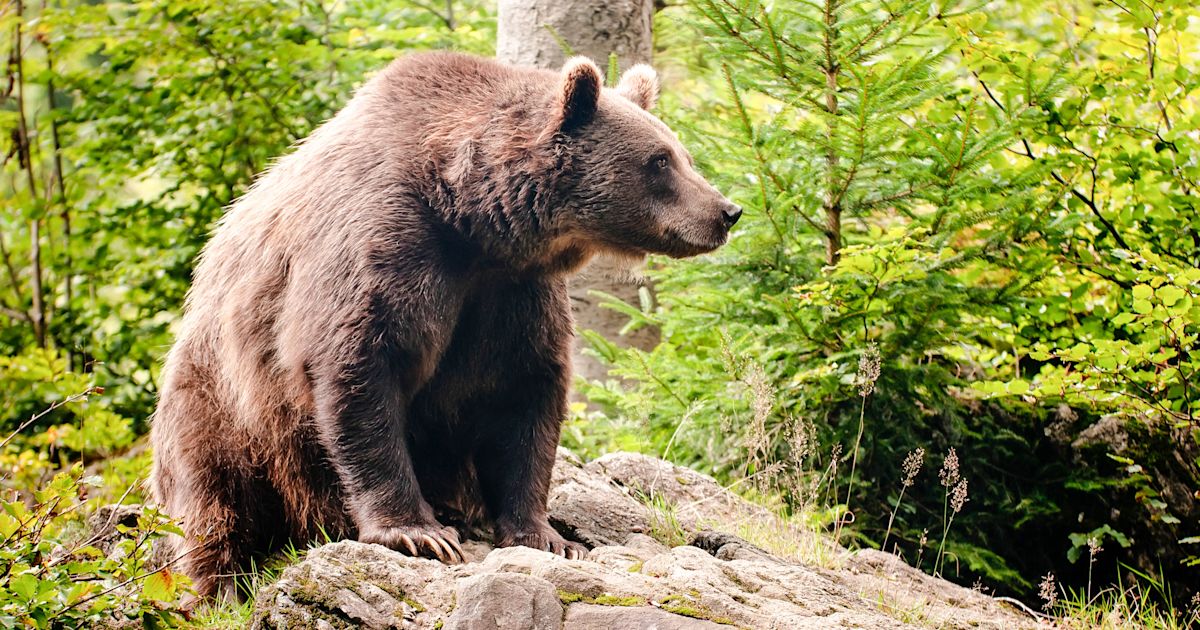
Natural England reported in 2017 that 97% of wildflower meadows have been lost - poisoned, ploughed or removed - since the 1930s. 15% of the 8,431 species in the UK are threatened with extinction. There has been an enormous decline in the number of the birds - with a full 38 million birds having vanished from our skies in the last 50 years - which the RSPB puts primarily down to changes in agriculture, as well as climate change and avian flu wreaking havoc with migrating bird populations. Meanwhile, a 2021 study showed that more than 70% of small mammals in the UK have declined in number since the 1970s.
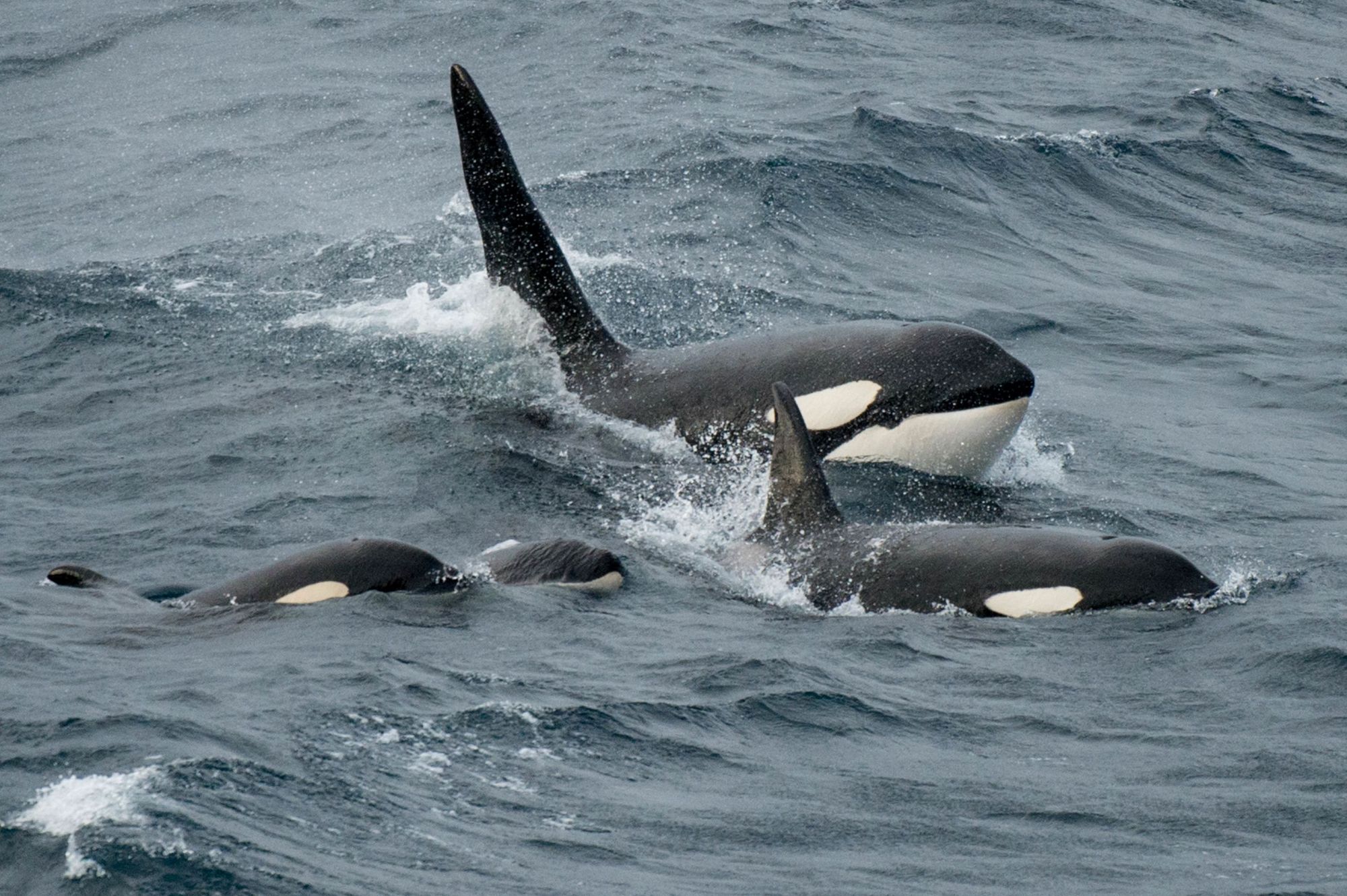
The danger of Wild Isles was that it would accentuate the problem highlighted in that YouGov poll - encouraging the public not to think of Britain or Ireland as nature-depleted but as rich in biodiversity, having been shown only the stunning beauty that remains in the isles. The editorial team behind Wild Isles felt a responsibility to make sure this was not the case, Gates says.
“I think historically, and rightly so, natural history television has been criticised for sometimes bolting on conservation narratives, and we decided to turn that on its head here. David opens each episode by highlighting the key problems with that habitat. He opens the grassland episode by saying that in the course of his lifetime, we’ve lost more than 95% of our wildflower meadows. There are some extraordinary figures that really should resonate with the public. So we’re not hiding that.”
Indeed, while Wild Isles shows stunning animals, often showcasing behaviours that have never been seen captured before, many segments are bookmarked by a comment from Attenborough highlighting the fragility of the environment.
“We, as the collective of filmmakers, felt a responsibility to make sure that message came across front and centre, in every episode,” Gates says. “We can’t raise every problem or solution, but we can use this as a springboard for people to go and find out more about it.”
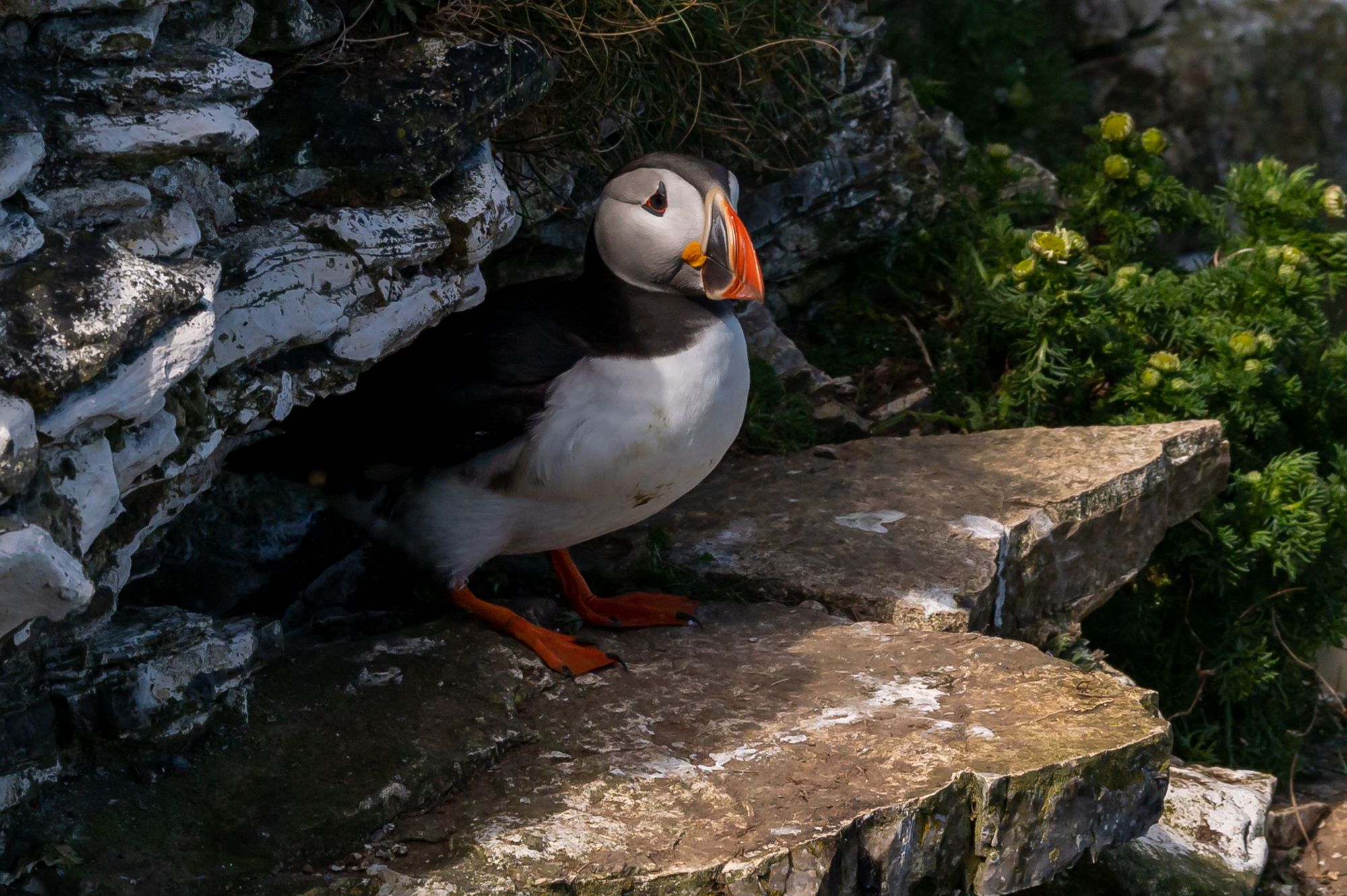
In episode one, following stunning shots of golden eagles in the snowy Cairngorm Mountains, we learn that “there are now only remnants of the vast ancient forest that once covered most of the Highlands,” with the Caledonian Forest, Britain’s last native coniferous woodland, now “less than 1% of its original extent.” In the very next segment we learn that only 13% of Britain as a whole is covered in trees, “one of the lowest proportions in the whole of Europe”.
After a fantastic finale, where we see black-headed gulls trying to rip sand eels away from the mouth of a puffin, Attenborough tells us that “most of our puffin colonies are in decline” due to overfishing and climate change, which has been driving sand eels further north. He goes on to conclude: “It’s a clear example of just how fragile and fragmented our nature is. Though rich in places, Britain as a whole is one of the most nature depleted countries in the world.”
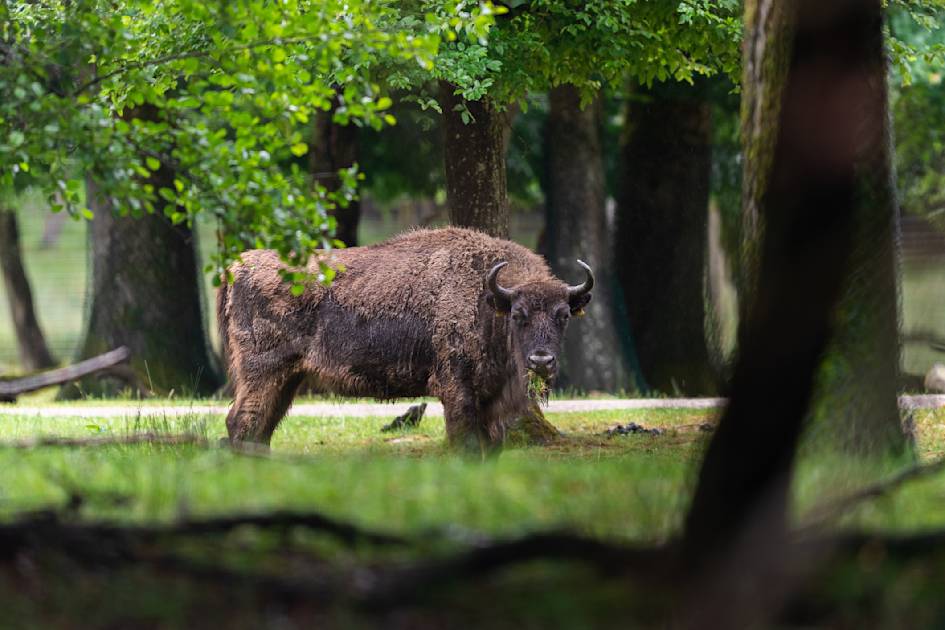
It’s a powerful message - made all the more so coming from David Attenborough.
“He commands extraordinary respect,” says Gates. “And if David Attenborough is telling Britain and Ireland that we need to work harder and that we really need to take more care of our natural world, we hope it will. We hope the series will lead to greater protection for our nature.”
Though rich in places, Britain as a whole is one of the most nature depleted countries in the world.
The RSPB, WWF and Open University were co-producers of the series with Silverback Films, and they share this sentiment.
“The big animals are what people want to see, and they may be surprised that we’ve got them here,” says Jon Carter of the RSPB. “But the reality is - and it’s very hard to communicate sometimes - that the state of nature in the UK is pretty poor. We live in a very managed landscape and nature gets pushed to the edges very often. Hopefully the benefit of this series will be to awe people with what we do have here - and help them realise that we need to protect it.
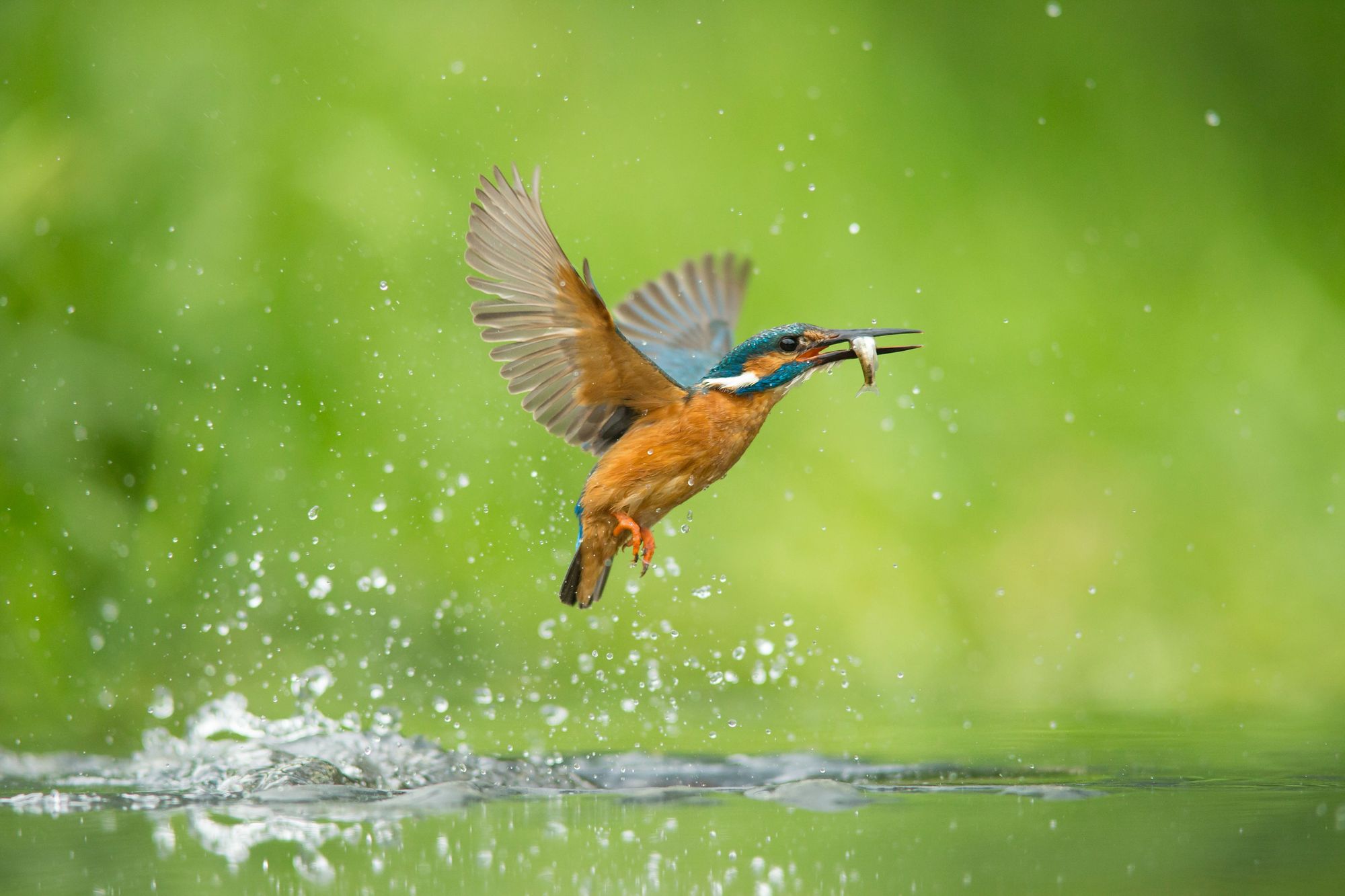
“I was inspired by David Attenborough when I was young and here I am working for the RSPB now. Attenborough being at the front of the show - and saying that he’s having experiences while filming that rival and eclipse anything he’d done - gives it the weight that we want it to have. It gives it the seriousness that we want to apply here. Because we're not in a good state.”
We’ve got these lost species coming back, and now we’ve got those lost behaviours coming back.
There are positive conservation stories too, in Wild Isles. The puffin population on Skomer Island is thriving, Attenborough says. And the stand-out sequence from the show, white-tailed eagles hunting barnacle geese, is particularly thrilling given the species was only reintroduced to the UK in the 80s.
“That’s a very, very new, world class behaviour,” says Nick Gates. “10 years ago that didn’t happen. That’s a conservation success story. We’ve got these lost species coming back, and now we’ve got those lost behaviours coming back.

“We’re trying to balance the two narratives to say, yes, there are huge conservation problems, but there are also conservation successes - and we need to highlight both of those across this series.”
This culminates with a call to action at the end of each episode, and with the Save our Wild Isles campaign. Co-run by the WWF, RSPB and National Trust, it’s aimed at encouraging people to take action at home, work, in school or in the community.
“We really hope this will be the springboard that gets people talking about how phenomenal our wildlife is, and how threatened it is,” says Gates. “This can be the turning point. Nature is in bad shape - so let’s do something about it.”
Inspired? Check out the Save Our Wild Isles campaign now!

